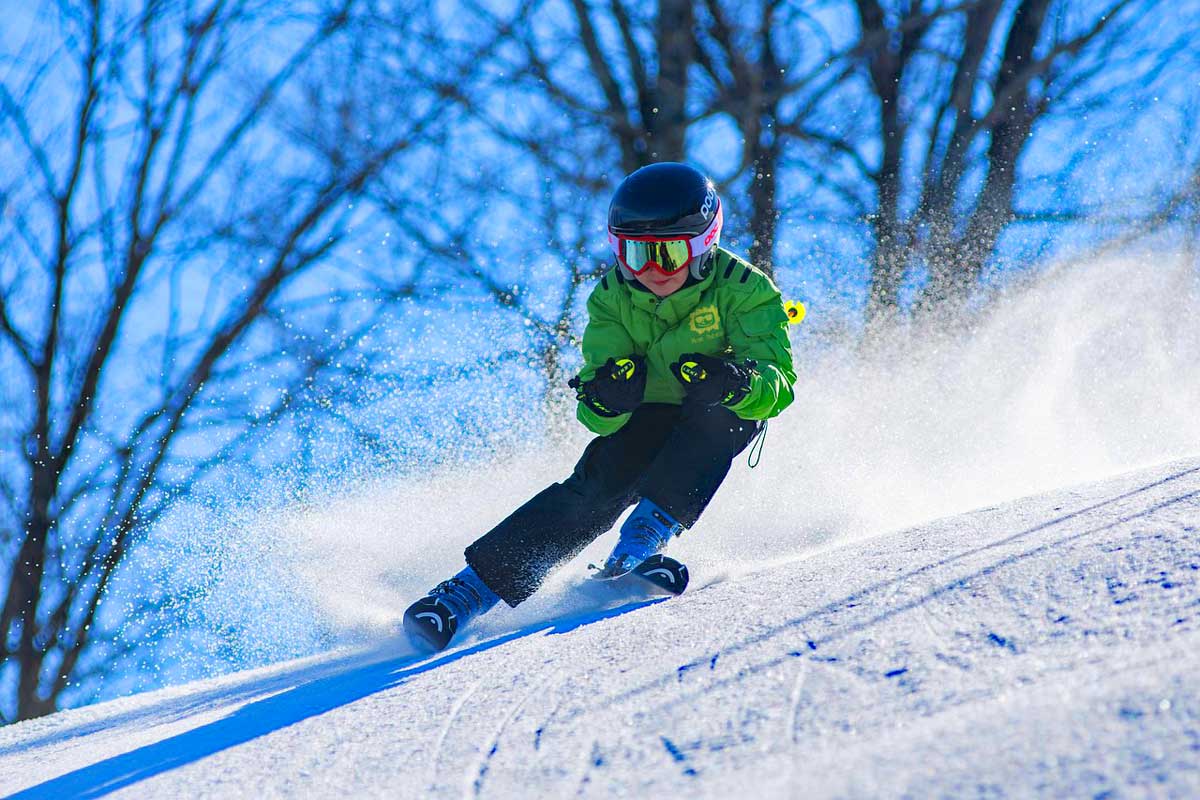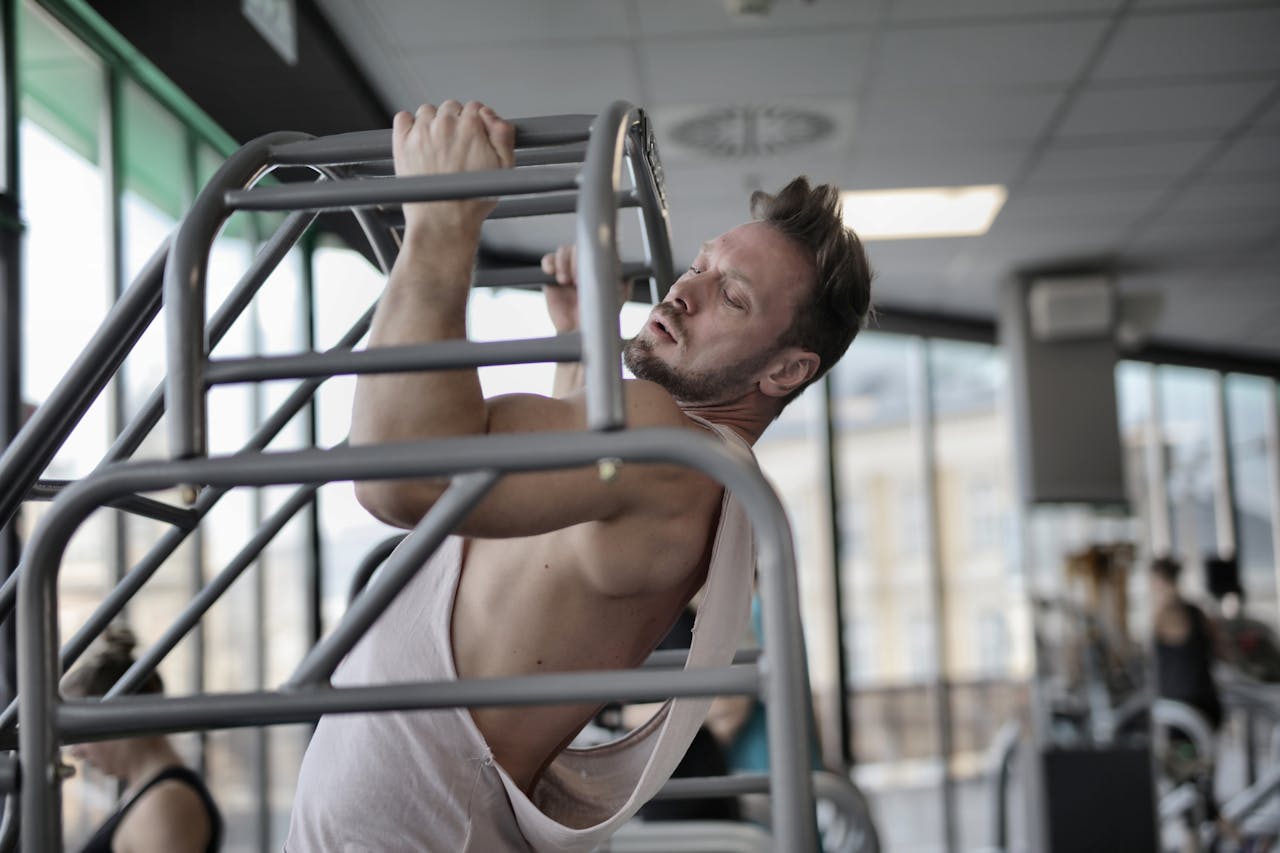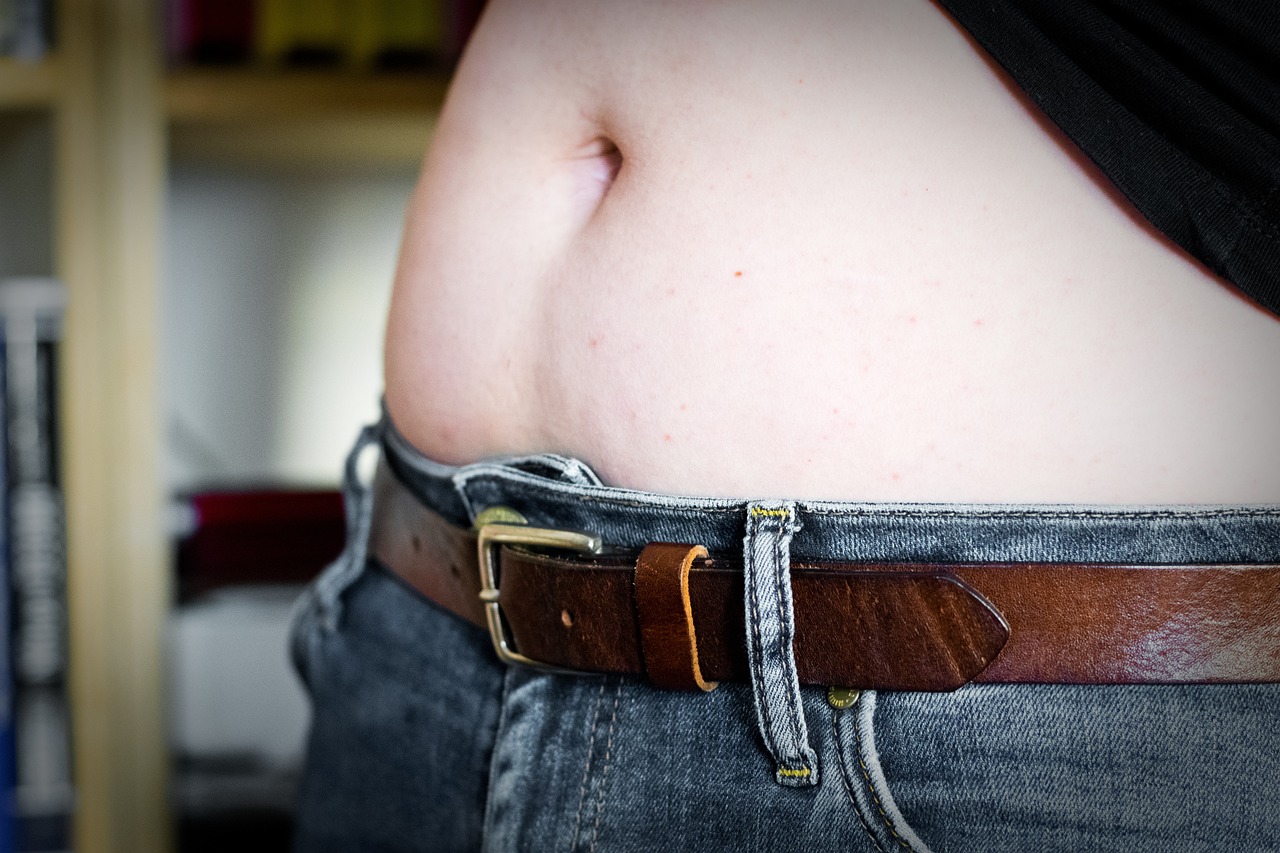Why Hydration Matters in Winter
1. Decreased Sensation of Thirst
Cold temperatures suppress the sensation of thirst, meaning you may not feel as compelled to drink water. Despite this, the body continues to lose fluids through perspiration during exercise and basic metabolic processes. Without an active effort to stay hydrated, a subtle yet impactful dehydration can occur.2. Dry Winter Air
Winter air tends to be dry, and indoor heating systems exacerbate this dryness, leading to an increase in fluid loss through the skin and respiratory system. This effect can be heightened during physical activities, especially outdoor workouts in frosty conditions.3. Sweating During Exercise
Although sweating might seem less prominent in winter, it still occurs. Cold-weather exercise gear can trap sweat, making it less noticeable. This hidden fluid loss can lead to dehydration over time if not properly addressed.4. Increased Urinary Output
In cold weather, the body’s response to conserve heat can lead to increased urination, a phenomenon known as cold diuresis. This further contributes to fluid loss and the need for replenishment.Hydration Requirements for Winter Fitness
Fitness enthusiasts need to maintain hydration for peak performance, recovery, and overall well-being. Here are key considerations for hydration during winter:1. Monitor Fluid Intake
Aim for the same daily water intake as you would in warmer months. While the exact amount varies depending on body size, activity level, and individual needs, a general guideline is 2–3 liters per day.2. Recognize Dehydration Signs
Symptoms of dehydration, such as fatigue, headaches, dry skin, and dark-colored urine, are not always as obvious in winter. Pay close attention to these signs to ensure adequate hydration. Water or other Drinks.3. Choose Hydrating Foods
Incorporate water-rich foods into your diet, such as fruits (e.g., oranges, apples) and vegetables (e.g., cucumbers, spinach). These not only provide hydration but also deliver essential vitamins and minerals.4. Adjust Hydration for Activity Level
If you’re engaging in high-intensity workouts or endurance activities, drink water before, during, and after exercise. For sessions longer than an hour, consider electrolyte-rich beverages to replenish lost salts.Additional Hydration Strategies
1. Warm Beverages for Hydration
Staying hydrated in winter doesn’t mean sticking solely to cold water. Warm options like herbal teas, diluted hot fruit juices, or broths can provide fluids while also offering comfort in the chilly weather.2. Set a Hydration Routine
Create reminders or habits to ensure regular water consumption throughout the day. A reusable water bottle can be a practical tool to track intake.3. Balance Hydration with Electrolytes
Electrolytes like sodium, potassium, and magnesium play a vital role in retaining water within the body. Include natural sources of electrolytes such as bananas, nuts, or electrolyte tablets, especially after intense workouts.The Role of Hydration in Winter Performance
1.Improved Endurance
Proper hydration helps maintain blood volume and supports cardiovascular performance, critical for endurance-based activities.2. Enhanced Recovery
Water aids in nutrient transport and waste removal, essential processes for muscle repair and recovery after workouts.3. Thermal Regulation
Staying hydrated ensures that your body can efficiently regulate temperature, preventing issues like hypothermia during outdoor winter activities.While the signs of dehydration may not be as apparent in winter as in summer, staying hydrated is no less important. Fitness enthusiasts must adopt conscious hydration habits tailored to the unique challenges of the colder months. By prioritizing water intake and incorporating hydrating foods and beverages, you can optimize your fitness routine, maintain energy levels, and safeguard overall health—even when the temperature drops.












